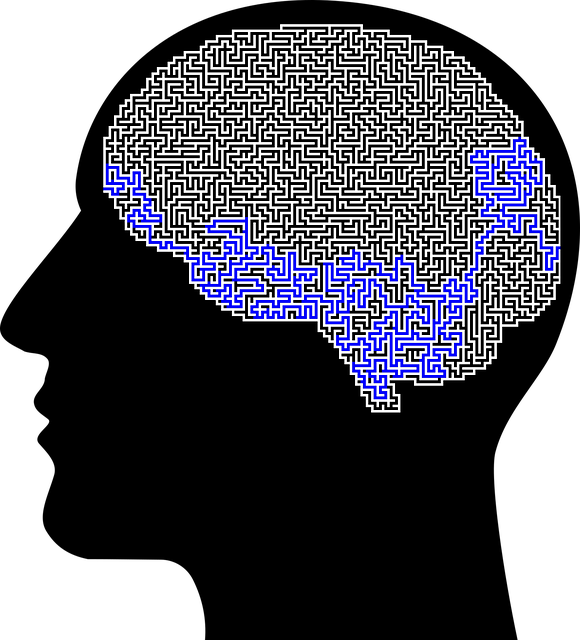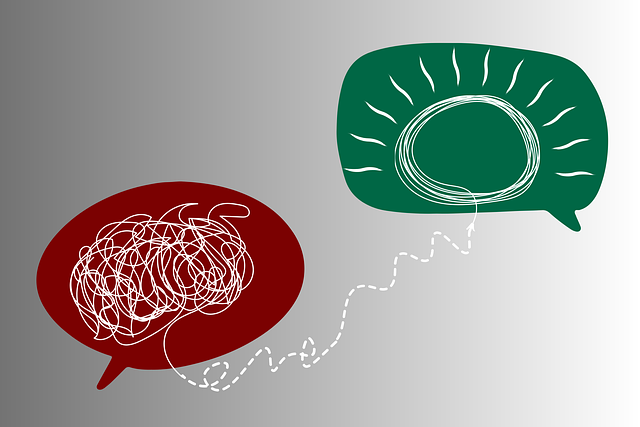Emotion regulation techniques are crucial skills for individuals in Colorado Springs seeking therapy, especially through Independent Medical Evaluations (IMEs). These techniques help manage and understand emotions effectively, promoting overall well-being. IMEs provide comprehensive assessments, enabling therapists to create tailored treatment plans that enhance crisis intervention and risk management. A holistic approach combining mindfulness, compassion, self-care, and self-esteem improvement is emphasized in Colorado Springs therapy, creating safe spaces for clients to explore and manage their emotions.
Emotion regulation techniques are powerful tools for enhancing mental well-being and overall life satisfaction. This article explores the intricate process of teaching these skills, with a focus on the role of Colorado Springs Independent Medical Evaluations in therapy. By understanding the nuances of emotion regulation, therapists can tailor effective strategies to support individuals in managing their emotions healthily. We’ll delve into practical approaches, ensuring emotional resilience and improved mental health outcomes, while also highlighting the significance of professional assessments like Colorado Springs Independent Medical Evaluations in therapeutic journeys.
- Understanding Emotion Regulation Techniques
- The Role of Colorado Springs Independent Medical Evaluations in Therapy
- Implementing Effective Teaching Strategies for Emotional Well-being
Understanding Emotion Regulation Techniques

Emotion regulation techniques are crucial skills to teach individuals, especially those seeking therapy in Colorado Springs Independent Medical Evaluations. These techniques empower people to manage and understand their emotions effectively, which is essential for overall well-being. By learning to recognize and process feelings, one can prevent them from overwhelming or hindering daily functioning.
The process often involves a combination of strategies, such as Crisis Intervention Guidance, Empathy Building Strategies, and Mental Illness Stigma Reduction Efforts. Therapists play a vital role in teaching these skills, offering a safe space for clients to explore their emotions without judgment. Through this journey, individuals can develop a deeper understanding of themselves and learn healthy coping mechanisms to navigate life’s challenges.
The Role of Colorado Springs Independent Medical Evaluations in Therapy

In the context of therapy and emotion regulation techniques teaching, Colorado Springs Independent Medical Evaluations (IMEs) play a significant role in facilitating comprehensive mental health care. These IMEs are crucial tools for assessing a client’s emotional well-being and identifying any underlying physical or psychological factors that may impact their mental health journey. By conducting thorough evaluations, therapists can gain valuable insights into their clients’ conditions, enabling them to tailor treatment plans more effectively. This personalized approach is essential for fostering inner strength development and enhancing crisis intervention guidance.
Moreover, IMEs contribute to effective risk management planning for mental health professionals. They provide an objective perspective on a client’s state, helping therapists anticipate potential risks or complications during therapy. With this knowledge, professionals can implement preventative measures, ensuring the safety and well-being of their clients. Incorporating Colorado Springs IMEs into therapeutic practices demonstrates a commitment to high-quality care, where both emotional regulation techniques teaching and crisis management are optimized for optimal client outcomes.
Implementing Effective Teaching Strategies for Emotional Well-being

In teaching emotion regulation techniques, it’s crucial to adopt strategies that promote holistic emotional well-being. Colorado Springs independent medical evaluations therapy often emphasizes the integration of mindfulness and compassion cultivation practices within therapeutic settings. By incorporating these practices into lessons, educators can foster a safe space for students to explore and manage their emotions effectively. Mindfulness exercises, for instance, teach individuals to stay present, observe their feelings without judgment, and gradually develop greater emotional resilience.
Complementing these practices are self-care and self-esteem improvement strategies. Encouraging regular self-reflection and engagement in positive self-care activities equips students with the tools to nurture their mental health. Additionally, boosting self-esteem through constructive feedback, encouragement, and celebration of achievements helps individuals believe in their ability to regulate emotions. These comprehensive approaches, often supported by Colorado Springs independent medical evaluations therapy, not only benefit students’ emotional well-being but also equip them with lifelong skills for navigating life’s challenges.
Emotion regulation techniques are powerful tools that can significantly enhance therapeutic outcomes, especially with the guidance of skilled professionals. As discussed, implementing these strategies in therapy, such as through Colorado Springs Independent Medical Evaluations, allows for a more holistic approach to well-being. By teaching individuals effective coping mechanisms, therapists enable them to navigate life’s challenges with greater resilience and emotional intelligence. This article has explored various techniques and strategies, emphasizing the importance of a tailored, patient-centric approach to foster long-lasting positive change.








